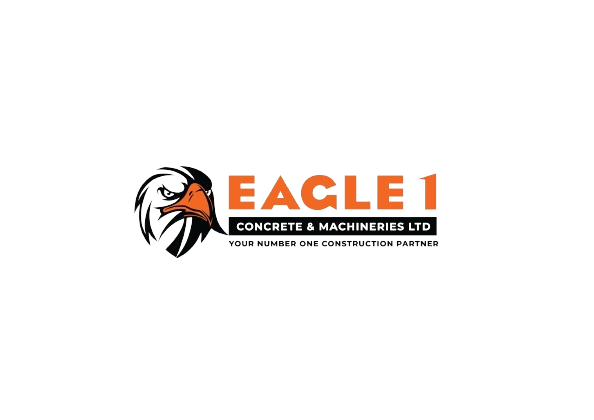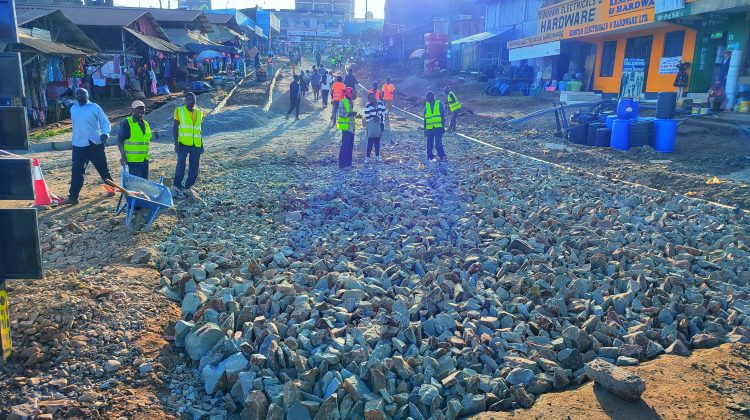The construction industry is continuously evolving, driven by technological advancements, sustainability initiatives, and changing consumer demands. As we look ahead, several trends and predictions are shaping the future of construction:
- Advanced Construction Technologies: The adoption of advanced technologies like Building Information Modeling (BIM), 3D printing, drones, and robotics is expected to revolutionize construction processes. BIM enables improved collaboration, better project visualization, and data-driven decision-making, while 3D printing and robotics automate construction tasks, reducing labor costs and increasing efficiency.
- Green and Sustainable Construction: Sustainability is becoming a top priority in construction. The industry is moving towards eco-friendly practices, such as using renewable materials, energy-efficient designs, green certifications, and sustainable construction methods to reduce environmental impact and meet regulatory requirements.
- Off-Site and Modular Construction: Off-site construction and modular building techniques are gaining popularity due to their time and cost efficiencies. Prefabrication and modular construction allow for faster project delivery, reduced waste, and increased quality control.
- Smart Buildings and IoT Integration: Smart technologies are transforming buildings into intelligent ecosystems. The Internet of Things (IoT) integration allows for real-time monitoring, predictive maintenance, and improved energy management, enhancing occupant comfort and building performance.
- Resilient and Disaster-Resistant Design: With the increasing frequency of natural disasters, there is a growing focus on resilient construction. Buildings designed to withstand extreme weather events, earthquakes, and floods are becoming more prevalent, ensuring safety and reducing post-disaster reconstruction costs.
- Virtual and Augmented Reality in Construction: Virtual and augmented reality technologies are enhancing project planning, design, and training. They enable stakeholders to experience the project virtually, identify potential issues, and make informed decisions before construction begins.
- Renewable Energy Integration: The integration of renewable energy sources, such as solar panels and wind turbines, into buildings is expected to become more commonplace as the world moves towards a low-carbon future.
- Data Analytics and Artificial Intelligence: The use of data analytics and artificial intelligence in construction projects helps optimize schedules, predict potential risks, and optimize resource allocation, leading to better project outcomes and cost savings.
- Urbanization and Smart Cities: The rise of urbanization is driving the demand for sustainable and smart cities. Construction projects are adapting to meet the needs of urban environments, with a focus on mixed-use developments, efficient transportation, and smart infrastructure.
- Inclusive and Accessible Design: Inclusive design principles are becoming more prevalent, ensuring that buildings and public spaces are accessible to people of all ages and abilities.
As the construction industry embraces these trends and predictions, it is poised for significant transformations, providing innovative, sustainable, and efficient solutions for the future built environment. Embracing these trends will not only enhance project delivery but also contribute to a more sustainable, resilient, and technologically advanced construction sector.

